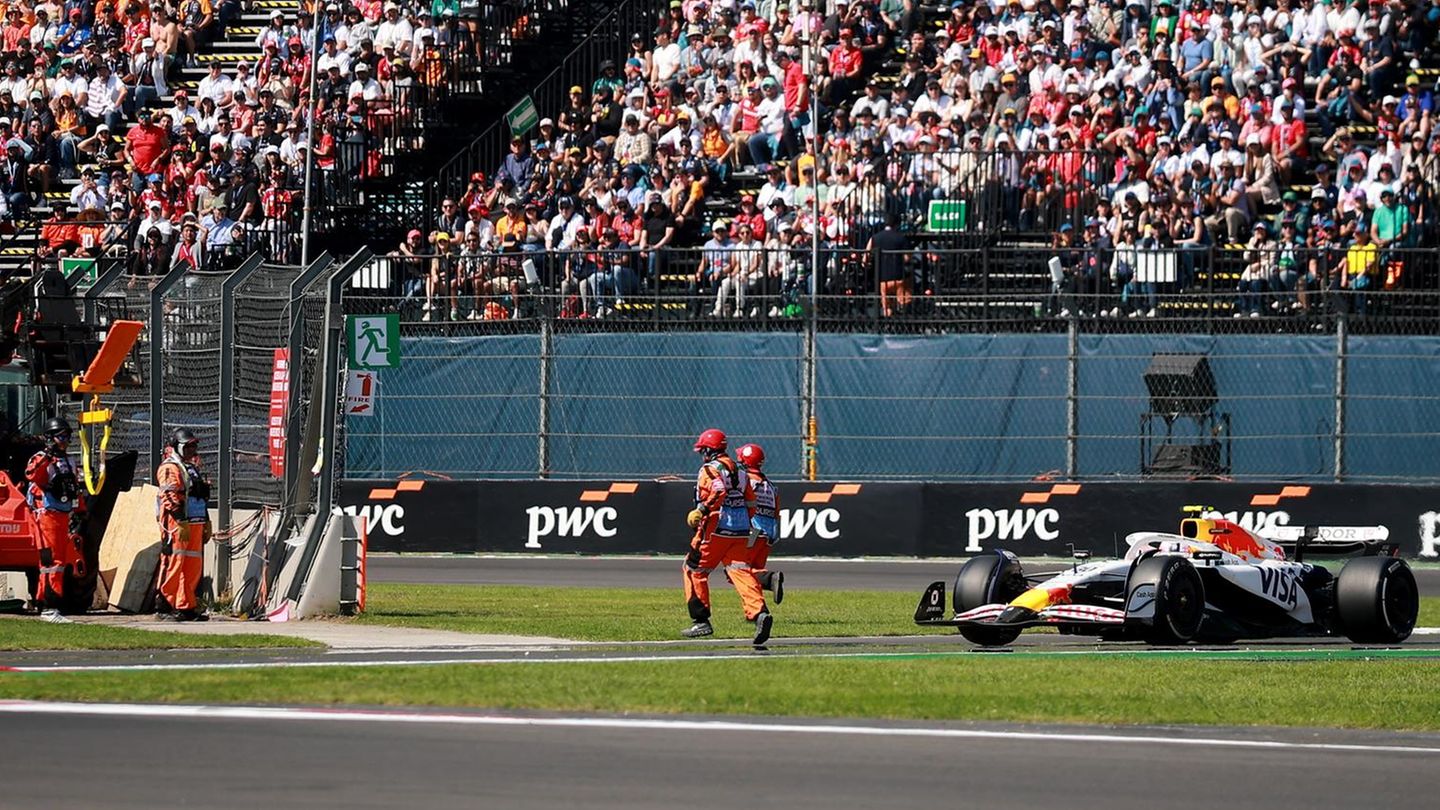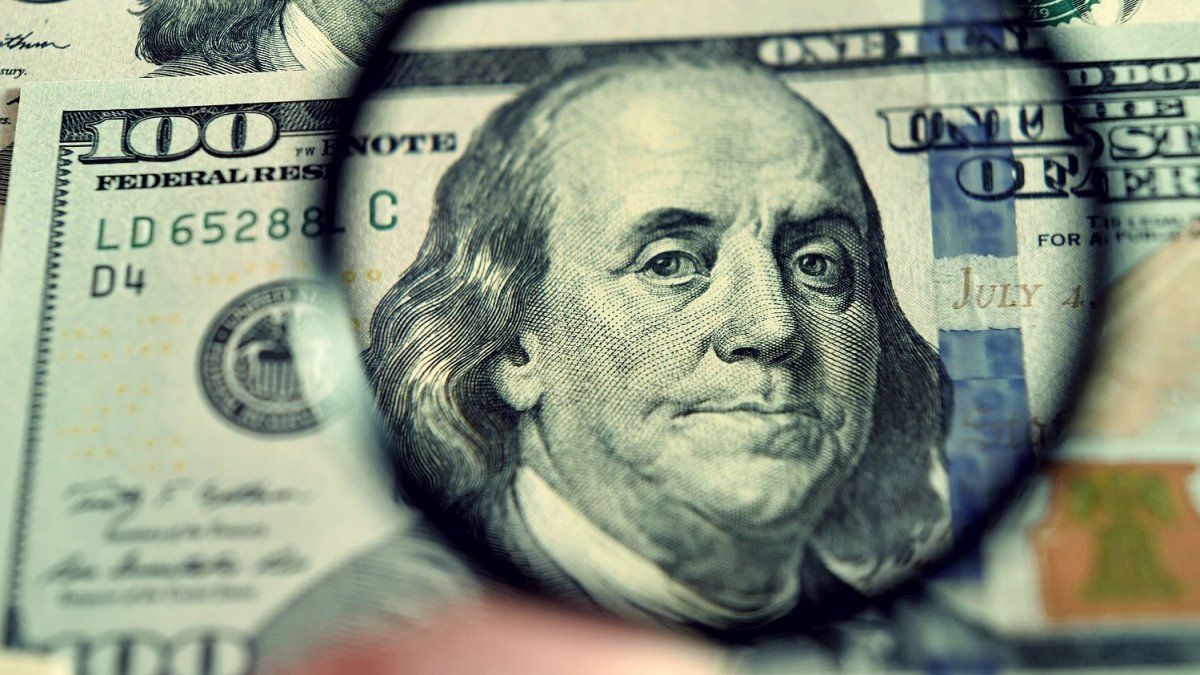Russia’s war against Ukraine is also having a negative impact on the international agricultural markets: quantities are becoming scarcer, prices are rising. German farmers can now grow additional crops to a limited extent.
Federal Agriculture Minister Cem Özdemir (Greens) wants to allow farmers in Germany to use agricultural land for the cultivation of certain crops for food production for longer in view of the strained grain markets as a result of the Ukraine war.
According to his ministry, a compromise proposal presented by Özdemir on Friday provides for a one-off suspension of the new EU regulations on set-aside and crop rotation. Accordingly, among other things, the actually planned additional species protection areas should not be introduced until 2024. Farmers could then continue to grow food on these areas in the coming year.
The background to this are EU regulations that will take effect from 2023, according to which part of the agricultural land is used for species protection and, in addition, it should no longer be possible to cultivate the same crop two years in a row on the same area to protect the soil. However, Brussels had left the implementation of the requirements to the respective EU states. Özdemir has now submitted his proposal to the federal states for the implementation of the Commission’s decision, which envisages suspending crop rotation and set-aside.
Exposed once
According to the ministry, the first mandatory set-aside will be suspended once in the coming year. Instead, agricultural cultivation should continue to be possible, “albeit limited to the production of food in line with the objectives of the Commission proposal, and therefore to the crops of cereals (without corn), sunflowers and legumes (without soybeans),” it said. This only applies to the areas that were not already designated as fallow arable land in 2021 and 2022: “The existing biodiversity areas will continue to be protected and can provide their services for nature and species protection as well as sustainable agriculture.”
In addition, according to the information provided, the EU has followed Özdemir’s suggestion and is allowing an exception when changing crop rotations. The corresponding regulation will be suspended once in 2023. This would allow farmers in Germany to plant wheat after wheat on an exceptional basis on around 380,000 hectares. According to scientific calculations, up to 3.4 million tons of wheat could be grown in this way. This is the best way to “keep the grain yields in Germany stable and thus contribute to the stability of the world markets,” it said.
Examine measures carefully
Özdemir said Russian President Vladimir Putin is toying with hunger, and he is doing it at the expense of the world’s poorest. At the same time, hunger is greatest where the climate crisis has already hit hard. “For me, therefore, every measure to solve a crisis must be checked to ensure that it does not exacerbate another,” said the Green politician. Agriculture in Germany made an offer to calm the grain markets by maintaining production.
According to Özdemir, farmers in Germany now know what they can sow in a few weeks. He responded to the offer without causing a deterioration in species protection and climate protection. Biodiversity areas and landscape elements that are already established remain untouched and should not be broken up.
According to the information, the countries still have to agree to Özdemir’s compromise.
Source: Stern
Jane Stock is a technology author, who has written for 24 Hours World. She writes about the latest in technology news and trends, and is always on the lookout for new and innovative ways to improve his audience’s experience.




